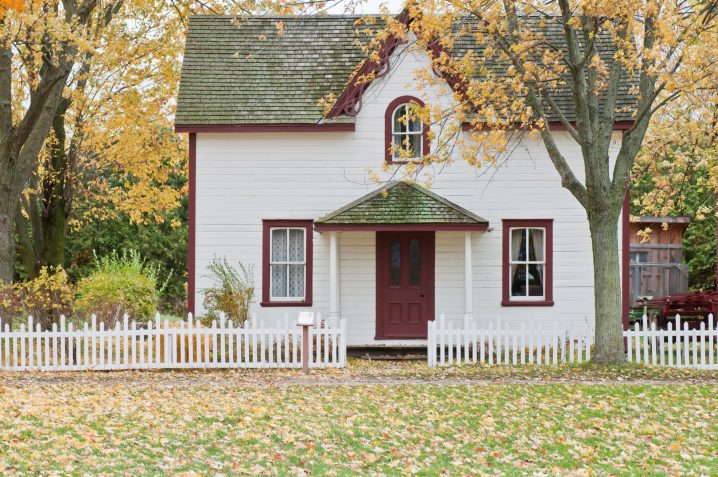If you decide to get the reverse mortgage before your 62nd birthday, your husband would have to do the loan on his own and you would have to be a non-borrowing spouse.
HUD has protections for non-borrowing spouses now so it’s not like it was just a few years ago where if anything were to happen to your husband, you would have to leave the home but you need to be sure you understand the restrictions and are OK with them.

Firstly, you must be in a state that allows such a transaction. Currently, the state of Texas does not. Check with your state requirements to see if they allow you to relinquish your title so that your spouse can do a reverse mortgage as a sole and separate property loan as you would have to come off title for your husband to close the loan.
You can go back on title the day after the loan closes and to receive the HUD protections as the spouse, you must go back on title within a prescribed period after the death of your spouse if that were to happen so it is best to go back on title right away just to be on the safe side.
Next, you are protected now and the loan would not be called due and payable if anything happened to your husband as long as you lived in the home and paid the taxes and insurance, but you would not have access to any loan proceeds since you are not a borrower on the loan.
In other words, if you still had a large line of credit available and something happened to your husband, you would not have access to those funds.
Whether or not his income of $2500 per month will qualify you for the loan will depend on the amount of your debts and your property charges. The loans are not nearly as hard to qualify for as a traditional or forward loan and the underwriting method is known as the residual income method.
The underwriter will start with the income received and subtract the amount paid for debts and property charges and then you must have a minimum amount to live on each month.
The best way to know for sure is to compare multiple lenders and can go over the income and any monthly obligations you have including the property charges (which include taxes, insurance and .14 cents per square foot HUD uses as a factor for utilities and maintenance) to see if the $2500 alone will qualify you and if not, there are still other ways to work with the qualification that HUD allows that would be too difficult to outline in their entirety here.



